Meet Jillian Schmitz | Professional Dancer, Actor, Movement Specialist, Teacher and Author.
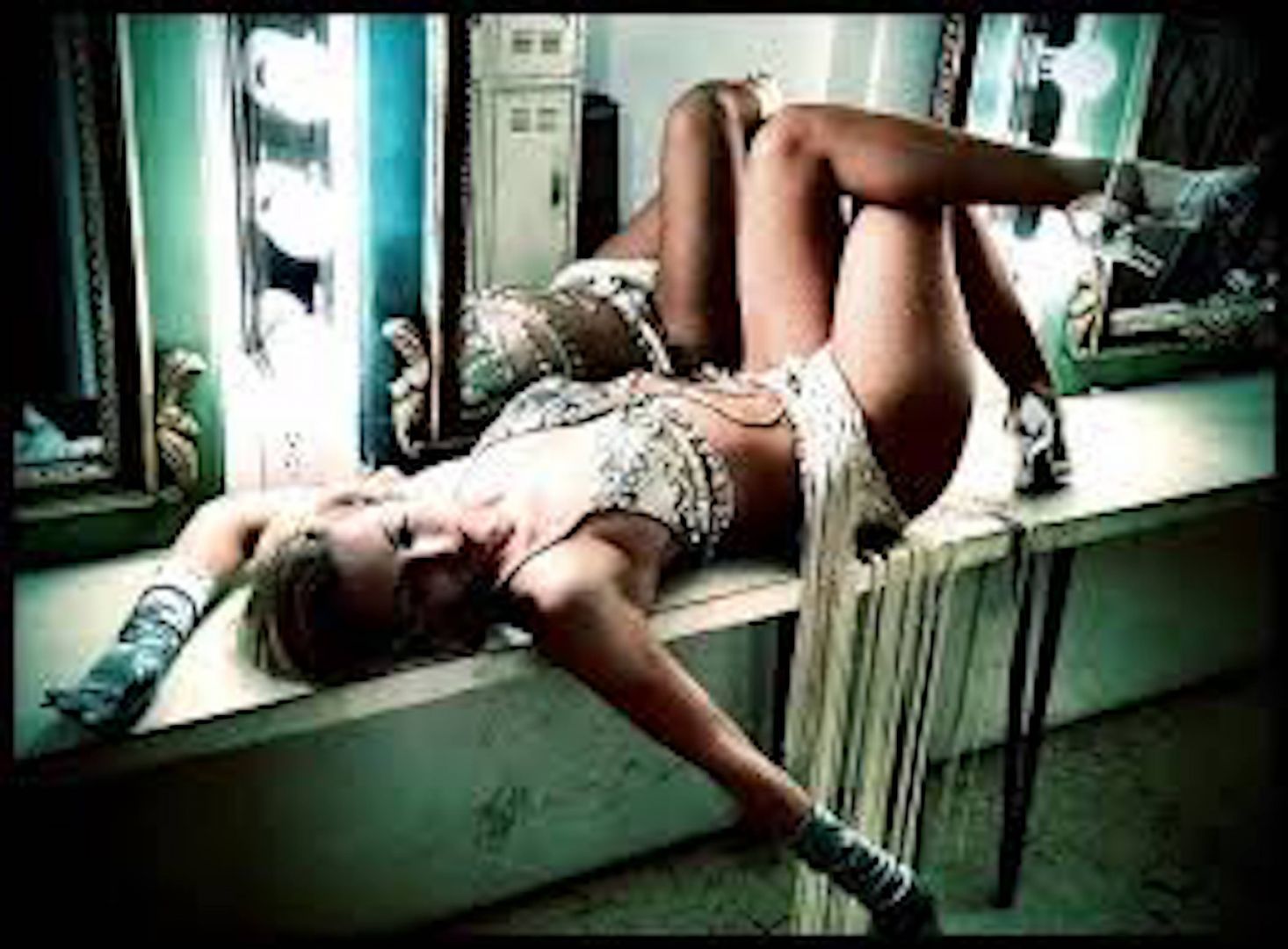

We had the good fortune of connecting with Jillian Schmitz and we’ve shared our conversation below.
Hi Jillian, other than deciding to work for yourself, what else do you think played a pivotal role in your story?
Success is a hard marker. However, longevity is tangible. The most important decision I made that contributed to my ‘success’ or rather, longevity, was learning how to be a business person. Not just ‘professional,’ but how to run a business, even though the business was myself. It’s been my experience that business sense or a business foundation for artists, is greater than talent for longevity in a career. In my opinion, combining talent, professionalism and good business is the best recipe for success in an artistic career.
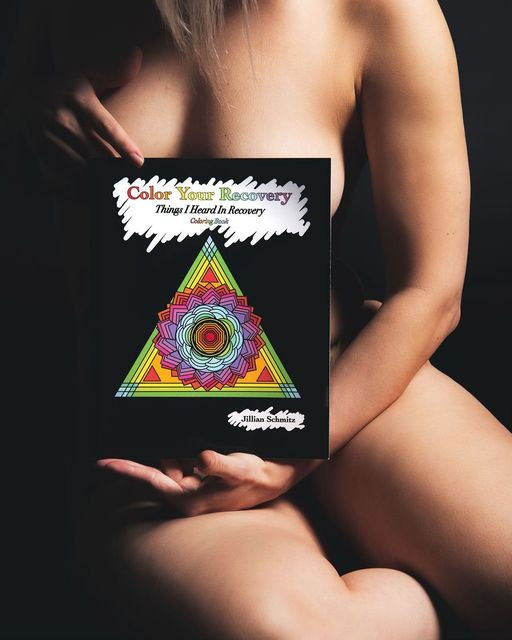
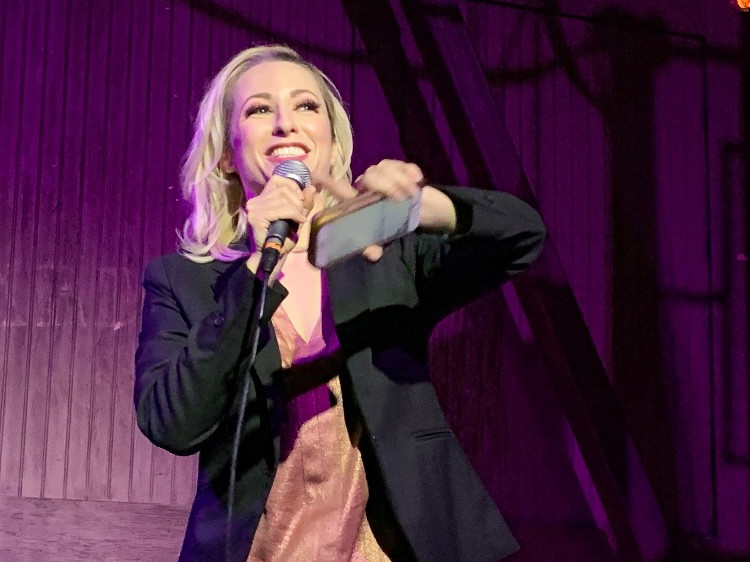
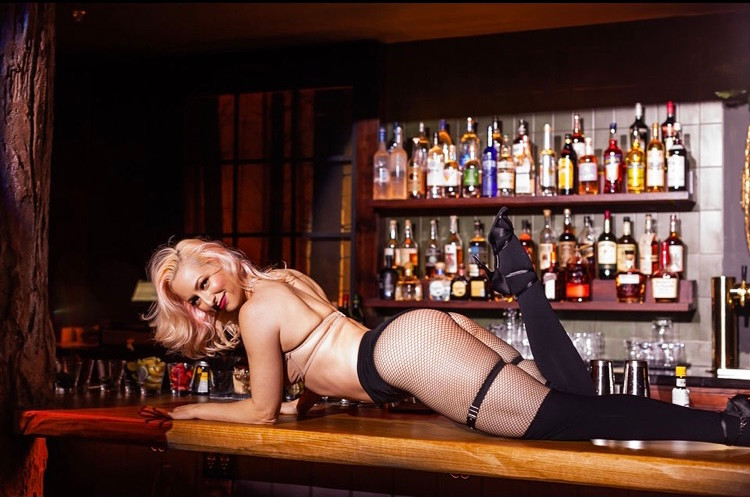
Please tell us more about your work. We’d love to hear what sets you apart from others, what you are most proud of or excited about. How did you get to where you are today professionally. Was it easy? If not, how did you overcome the challenges? What are the lessons you’ve learned along the way. What do you want the world to know about you or your brand and story?
One of the things that sets me apart from other artists, is how I learned to become a business.
I grew up drawn to the arts and was completely obsessed with dancing and performing before I was enrolled in formal classes. When my high school years rolled around, I was pressured to pick a college. Furthering academia wasn’t interesting to me. I just wanted to perform. At the time, it was a very unpopular move to forgo college for a more nontraditional path. I convinced (and possibly threatened) my parents to join in supporting my desire to move to Los Angeles and train to become a professional dancer. I didn’t know if I fully wanted to be a professional dancer, I just knew it was the only thing I could picture doing every day and not feeling like I was wasting my life. After a few years of training and auditioning, I had a very slow career build. It seemed like it took forever to get any kind of consistency. It always felt like I was chasing work and never quite making enough to get by.
I didn’t know much about how to run a business or how to be business minded with my career. I just knew how to be professional. Unfortunately, they are not contingent upon each other. You can be a great hire but terrible at conducting business or being a business person. When you’re independently employed, there isn’t someone to tell you when you’re making mistakes. There isn’t someone to complain to. You work for yourself. You are the product and the service. You are the boss, HR, CEO, accountant, etc.
I had to learn how to function as a good business. Being an artist in modern times was not in my favor. I entered the job market shortly after 9/11, a time when the market had crashed and was unstable. Because I was doing both taxed and non taxed work (W2 & 1099) around 2005, the City of Los Angeles had flagged me as a ‘business’ for my untaxed work and I was forced to register, and re-register every year with the city for tax purposes (I was already paying my normal federal and state taxes). It was annoying at the time, but it contributed to the process of me becoming a legitimate business. When I made money, any excess funds I had I constantly reinvested in myself in tangible ways. I would purchase costumes and props and began advertising through social media and always filed and paid my taxes. ALWAYS.
At the end of 2007, I had some momentum in my career, work was pretty consistent and I was making decent money. I had learned how to budget and was enjoying the perks of a cool entertainment career. Then the recession happened and, overnight, it felt like all my work had dried up. It seemed like there were few opportunities. I didn’t have any real savings and things looked bleak. It was a rough time and, somehow, I barely got by, but I’d only acquired a small amount of debt. I learned from a fellow performer how to balance transfer, consolidate and pay off my debt faster. By 2010, I’d slowly clawed my way back to a consistent amount of work. I got more clear about the type of work I wanted to do and marketed myself as such. I kept reinvesting in myself (I now saw it as my business) when I could. I found various side hustles within my line of work, within teaching, etc. I slowly saved to keep one month’s expenses as an overflow account to protect myself from late paying jobs or overdue invoices. I was strict about always refilling it when the money came through. I slowly grew my surplus to two months of expenses.
Around 2016, I started getting more specific about making investments and passive income. I had amassed, what seemed to me, an impressive savings amount when I injured my knee at a dance audition. I worked as much as I could on the injury, only to re-injure myself and gain a secondary injury 4 months later. I only worked the jobs I could do safely until I had knee surgery in 2017. I began the recovery process of 6 months without dancing or working. I used my savings and was able to qualify for a little bit of disability. I applied for a month of rent relief from The Actors Fund and was awarded it. The recovery and surgery were painful, but it was agonizing to feel like I had to start over AGAIN. I slowly recovered and got back to work. Luckily, my professionalism and business acumen had paid off and I had jobs awaiting my return. I had acquired some new debt from medical bills and being unable to work but started to pay them down using the methods I’d learned previously. I added some side hustles, including publishing a book on amazon as an experiment to gain passive income. I kept looking for ways to make income in ways I hadn’t before. I was looking for ways that didn’t require me to be present or perform but were still in the entertainment or artistic field. I kept trying to diversify my income. Any excess money I made went into a meager savings account or paying off debt. I was aggressively paying the debt off, in some instances at 0% on specific credit cards so the money went 100% towards the debt. I became debt free around January of 2020. I had two months of overflow in my checking account and almost 6 months of expenses in my savings account. Then Covid hit.
I refused to start over again. I made it my mission to not just survive the pandemic, and its economic toll, but thrive because of it. I applied for every loan and grant I could. Because I’d paid my taxes every year, kept good records, and was a registered business, I was able to qualify for all but one of the things I applied for. I also continued to do various side hustles, continuing to diversify. Many artists I know struggled financially during this time, not just because our livelihoods were shut down, but because they couldn’t lean on a business foundation. They may have been excellent artists, at the top of their fields, and amazing professionals, but when it came to their business, they were terrible business owners and couldn’t even qualify as such on paper when they really needed to the most. I learned a lot more about business during this time and tried to help as many of my peers as I could. The most universal emotion I found when trying to help people save their business during the pandemic was shame over their financial situation, mostly because they didn’t understand the basics. Tax basics, income basics, debt basics, being a registered business basics, etc. I understood how they felt. I thought dealing with finances and business stuff was boring, and I didn’t think I needed to know how to be a business person or that learning how to be good at my finances would be part of having longevity in an artistic career. All of the words and phrases the finance and business world used sounded like a foreign language to me. Turns out that’s because it IS a language, and just like any language, you can learn it if you’re willing and you practice. I can thank my longevity or ‘success’ of my artistic career on being professional AND learning the basics of running myself (the artist) as a good business.
Let’s say your best friend was visiting the area and you wanted to show them the best time ever. Where would you take them? Give us a little itinerary – say it was a week long trip, where would you eat, drink, visit, hang out, etc.
Eating: Sushi AI
Anarkali
Kumi
Bolt
Tasty Noodle House
Guisados
Daikokuya
Drinking:
La Descarga
Harvard & Stone
No Vacancy
North End (formerly Parlor Room)
Flying Embers
Visiting:
Hollywood Blvd
Griffith Park Observatory
Santa Monica 3rd street promenade/mall
Arts District DTLA
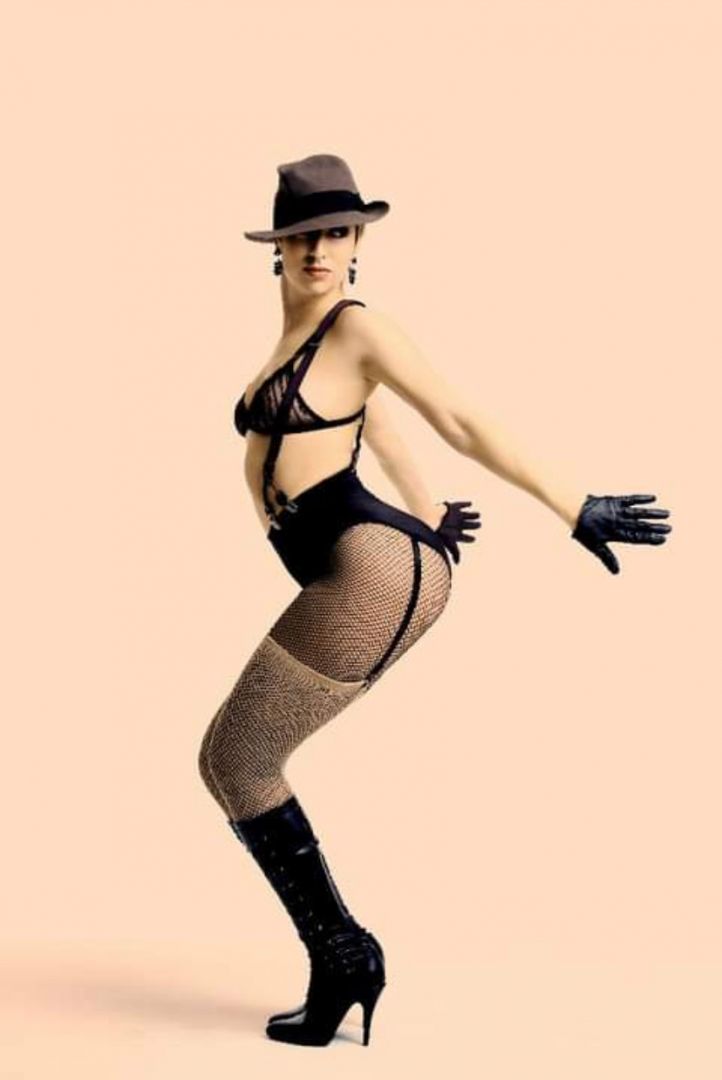
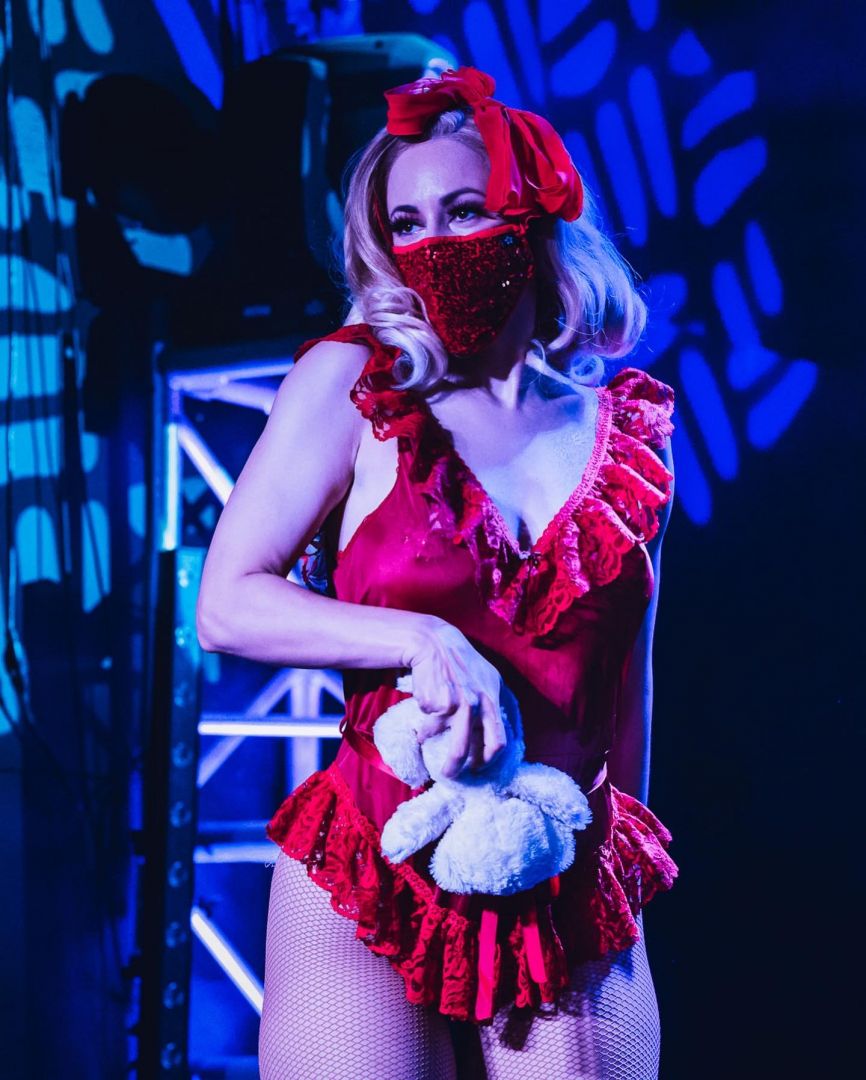
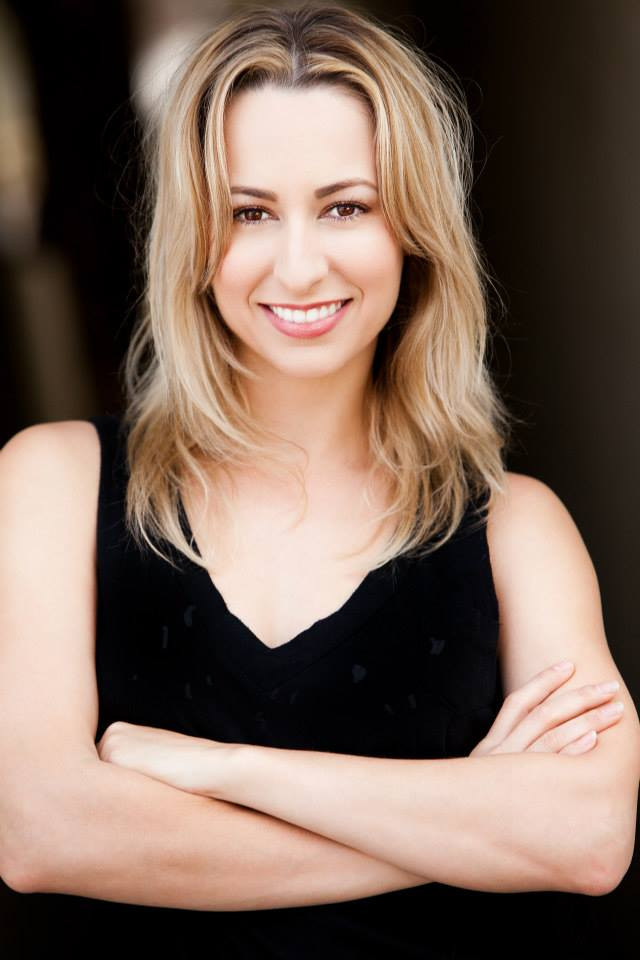
The Shoutout series is all about recognizing that our success and where we are in life is at least somewhat thanks to the efforts, support, mentorship, love and encouragement of others. So is there someone that you want to dedicate your shoutout to?
Terrance Yates
Website: www.jillianschmitz.com
Instagram: jillianschmitz
Twitter: awaken2dream
Facebook: jillianschmitz
Youtube: Jillian Schmitz
Other: https://app.castingnetworks.com/talent/public-profile/aec03caa-dc4e-11eb-9fb9-b91b9b9847e0
Image Credits
Nikki Dalonzo Chad Cooper David Allen Brandt Jose Perez Nikki Dalonzo uncredited
